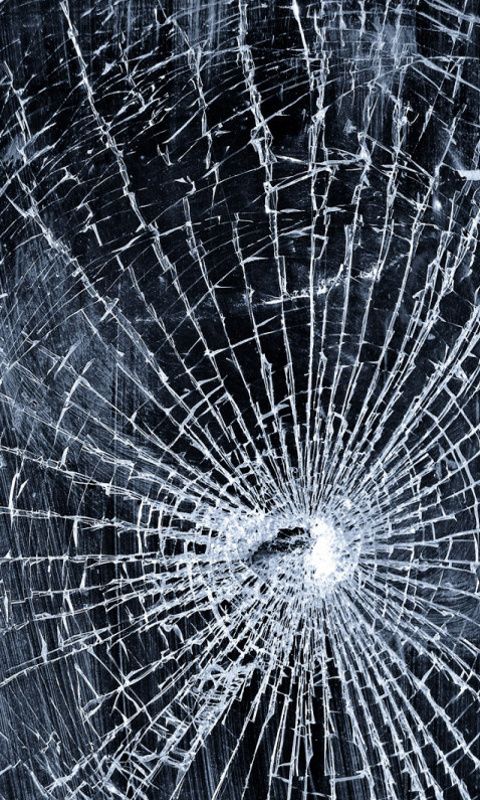Adding an extra layer of material to phone screens could be the key to strengthening them, according to new research published in PNAS by a team from the University of Edinburgh and Corning, a US-based materials company. This innovative approach involves using fluids that fluidize upon impact to protect the screen, offering a promising alternative to toughened glass.
James Richards, the lead researcher and a postdoc at Edinburgh, explains that the goal was to develop a fluid-based solution that could absorb impacts and minimize damage to phone screens. Drawing inspiration from the suspension systems in cars, which use hydraulic fluids to absorb shocks, the researchers explored the use of non-Newtonian fluids that change viscosity based on the force applied to them.
Non-Newtonian fluids, such as shear-thickening and shear-thinning fluids, have properties that make them ideal candidates for this application. Shear-thickening fluids, like a mixture of cornflour and water, become more viscous when subjected to high impact, while shear-thinning fluids, like paint, become runnier. By incorporating these fluids beneath the screen, the researchers aimed to create a protective layer that could adapt to different types of impacts.
To optimize the design of the fluid-based protection system, the researchers developed a mathematical model that simplified the problem by assuming a flat screen surface. This allowed them to focus on the essential physics of the system and identify the most effective fluid properties for minimizing screen damage.
Surprisingly, the researchers found that shear-thinning fluids, rather than shear-thickening ones, were more effective at protecting the screen. This unexpected result was attributed to the behavior of the fluids under compression during impact. While shear-thickening fluids resist compression, shear-thinning fluids become easier to squeeze, spreading out the impact force over a longer period and reducing the risk of screen damage.
To validate their findings, the researchers conducted experiments using transparent shear-thickening and shear-thinning fluids sandwiched between a solid base and a glass sheet. The results confirmed that shear-thinning fluids led to a more gradual increase in force on the glass during impact, indicating their effectiveness as screen protectors.
The researchers believe that their work not only offers a promising solution for strengthening phone screens but also establishes a framework for optimizing the use of non-Newtonian fluids in other applications, such as car windows or skincare products.















































